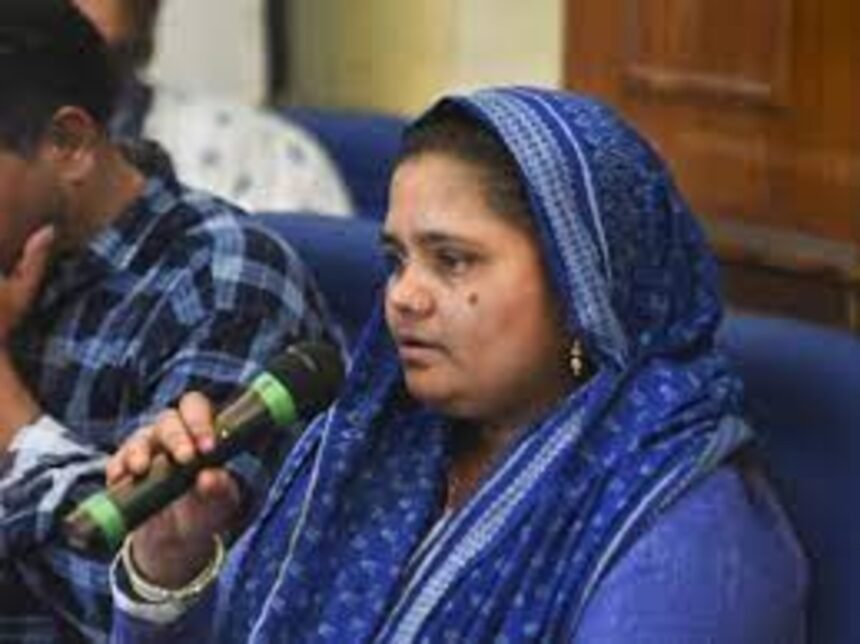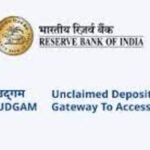Introduction
In a recent hearing, the Supreme Court of India directed tough questions at the Gujarat government regarding the premature release of the men convicted for the heinous crimes committed during the 2002 riots against Bilkis Bano and her family. The court raised concerns about the release of these convicts who had been sentenced to life imprisonment, after serving just 14 years. Justices BV Nagarathna and Ujjal Bhuyan, presiding over the bench, questioned the selective application of the policy for granting remission to hardened criminals and the lack of uniformity in its implementation.

The court emphasised the importance of equal opportunities for reformation and reintegration for all prisoners, regardless of the severity of their crimes. It pressed the Gujarat government for data on how extensively the 14-year rule was being applied to other prisoners, expressing concerns over the policy’s arbitrary and selective application.
Furthermore, the Supreme Court sought clarification on the formation of the Jail Advisory Committee for the Bilkis Bano convicts and questioned why the opinion of the Godhra court was sought when the trial had not been conducted there. This move came after the 11 convicts were released on Independence Day the previous year, following a negative response from the Maharashtra court that had found them guilty.
Case transferred to Maharashtra
The case had been transferred from Gujarat to Maharashtra due to concerns over a fair trial, given the intense violence that had erupted in Gujarat in 2002 following the Sabarmati Express incident. The hearing exposed the convicts’ release being based on an outdated policy, raising questions about the impartiality of the decision-making process, as the panel included individuals linked to the ruling political party.
The Gujarat government defended its decision, stating that the convicts had been released according to the law and under the provisions of the 1992 policy. However, Bilkis Bano’s lawyer, Shobha Gupta, countered that the government’s release of all 11 convicts was contrary to the Supreme Court’s original order in relation to a single convict’s plea for remission.
Conclusion
This controversy has brought to the forefront the need for transparency, consistency, and accountability in the criminal justice system, especially concerning the release of individuals convicted of serious crimes. Bilkis Bano’s petition against the convicts’ release will be heard on August 24, further underscoring the importance of a thorough and just review of the entire situation. As the legal battle continues, questions remain about the policy’s application, the role of advisory committees, and the need for a fair and equal treatment of all prisoners seeking remission.







